The talk between pilots and air traffic controllers.
Pilots and Traffic Air Controllers are in continuous connection during a flight. It depends on each other, and a small mistake can put everyone at risk. Bogdan Movileanu (40 years) is a traffic controller, private pilot, and photographer from Romania with over 20 years of experience. People know much about pilots and flight attendants but not as much about the people who direct the plane.
Let’s see what are his expectations when is on the radio to coordinate the aircrafts.
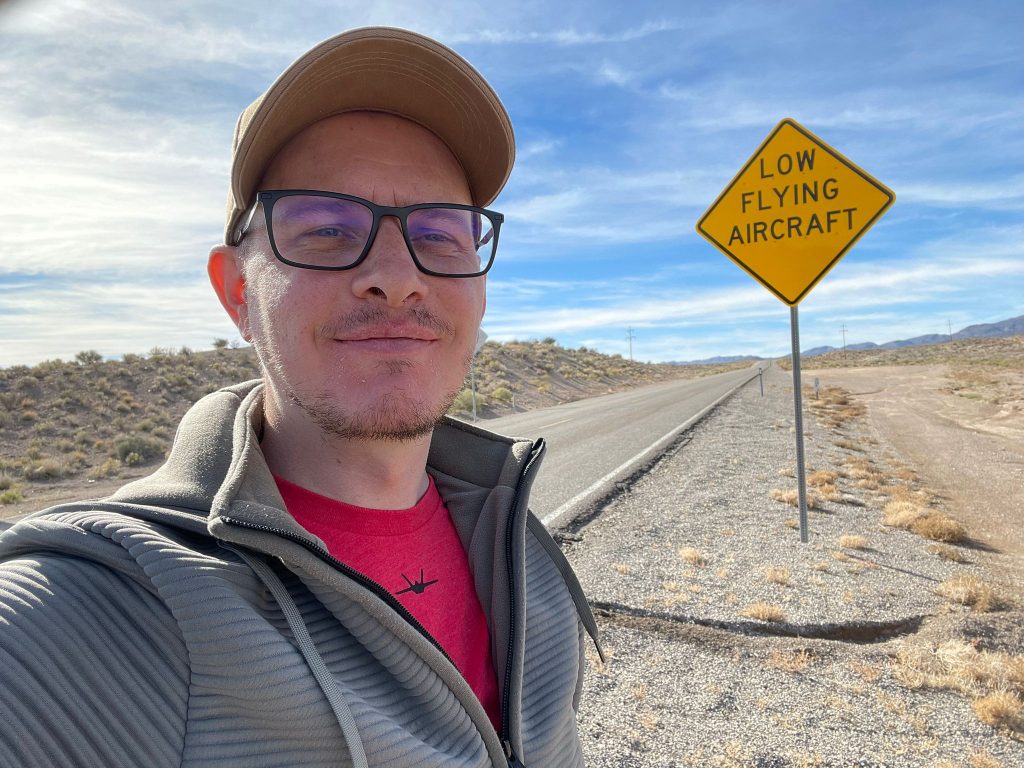
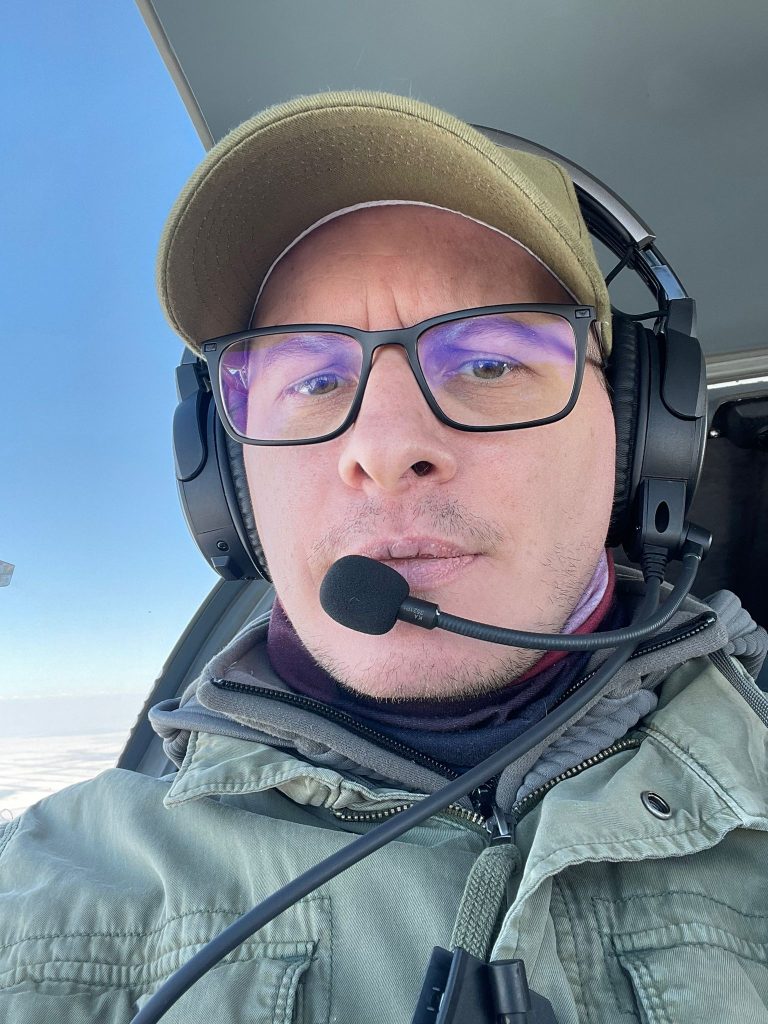
I expect the pilots to do their job!
Aviation Journeys: When you’re on duty, what do you expect from the pilots?
Bogdan: This is a good question. I expect the pilots to do their job. I expect that they prepare their flights accordingly, meaning that they’re familiar with taxi, departure and arrival procedures. If I have a crowded sequence and there is only one pilot that isn’t familiar with my local procedures, he will put everyone at risk. If you, as a pilot, are unfamiliar with anything just tell the controller this. I think that personal ego has no place here because we all here, pilots, air traffic controllers, technics, handling agents, etc have one duty and that is to keep everyone safe to be able fly another day.
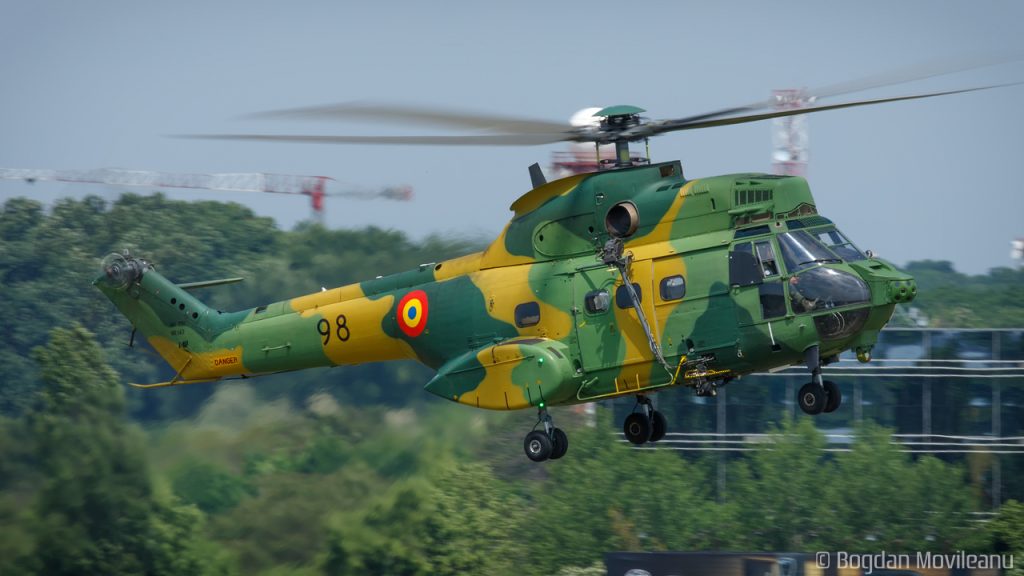
I am forced to say, “unable!
Aviation Journeys: I know you are a calm and relaxed person; when do you become angrier, and what should the pilots do to push your limits?
Bogdan: I am never angry on duty, no matter how worse the situation might be. Some pilots would like to fly faster or slower or fly in some specific way, I try to accommodate them all, but sometimes due to other traffic or other events in my controlled zone, I cannot accommodate their request. I treat everyone according to the regulation, and sometimes I am forced to say, “unable”. It might be ironic on the frequency, but anger is never an option. I find it is better and easier to relay a message to someone if you make it in a positive tone.
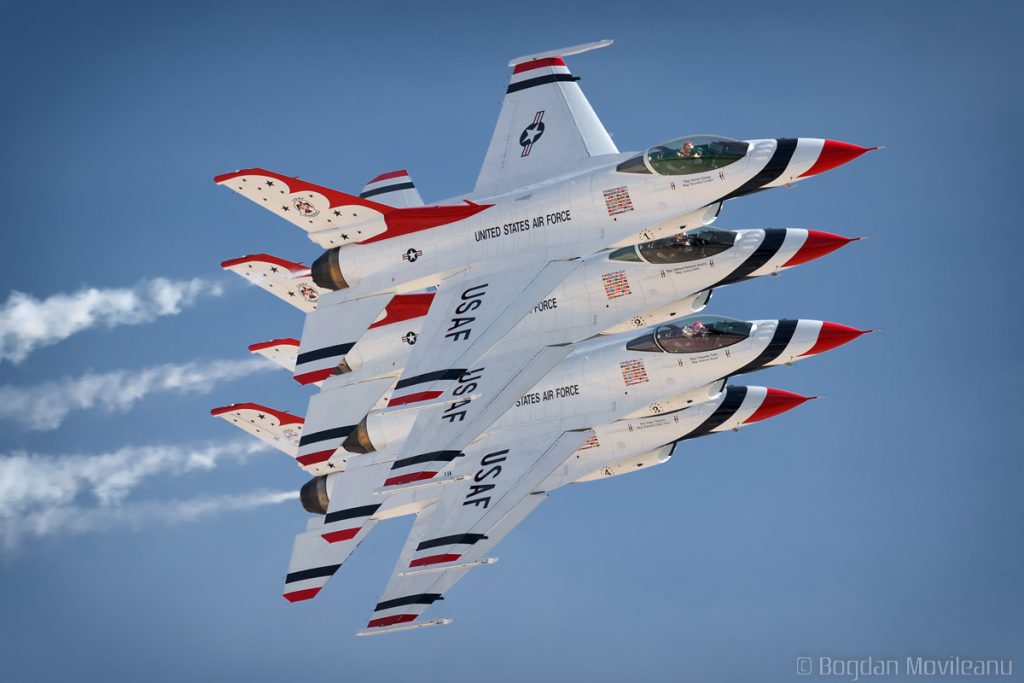
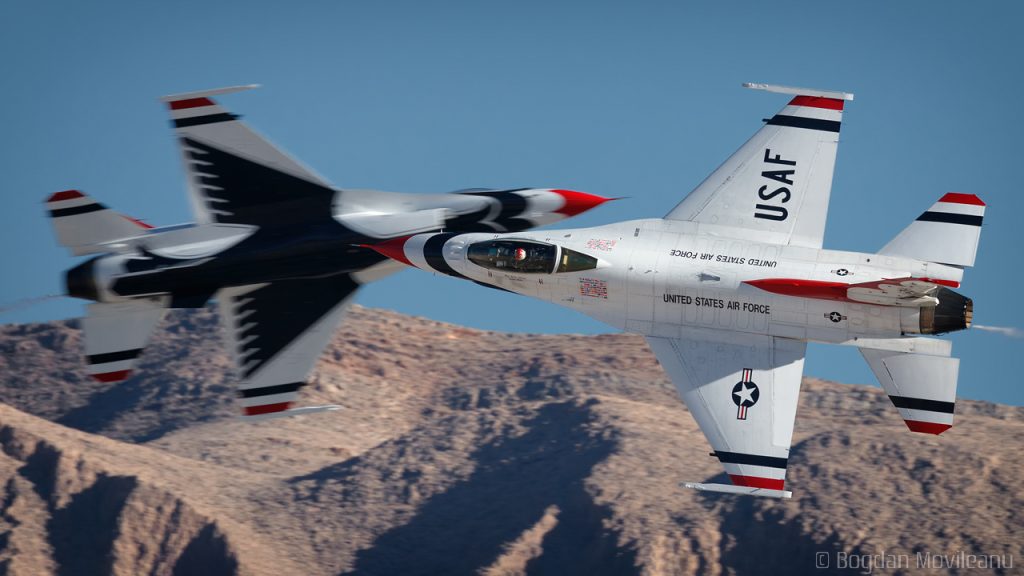
Aviation Journeys: What’s your favourite story on duty on the Băneasa Tower in Romania?
Bogdan: There are many stories, but my favorite one is about the first aircraft I controlled as an ATC. I grew up with helicopters; they’re my favorite flying machines, so I chose Băneasa Airport. Here we have three helicopter units, which is a lot of helicopters to enjoy. The first aircraft I controlled as an ATC was a Search and Rescue helicopter returning to base after its mission. It was nothing special ATC-wise, no emergency or anything, I only had to clear it to land, but for me, it was my special moment. All those years of hard work I had come to fruition.
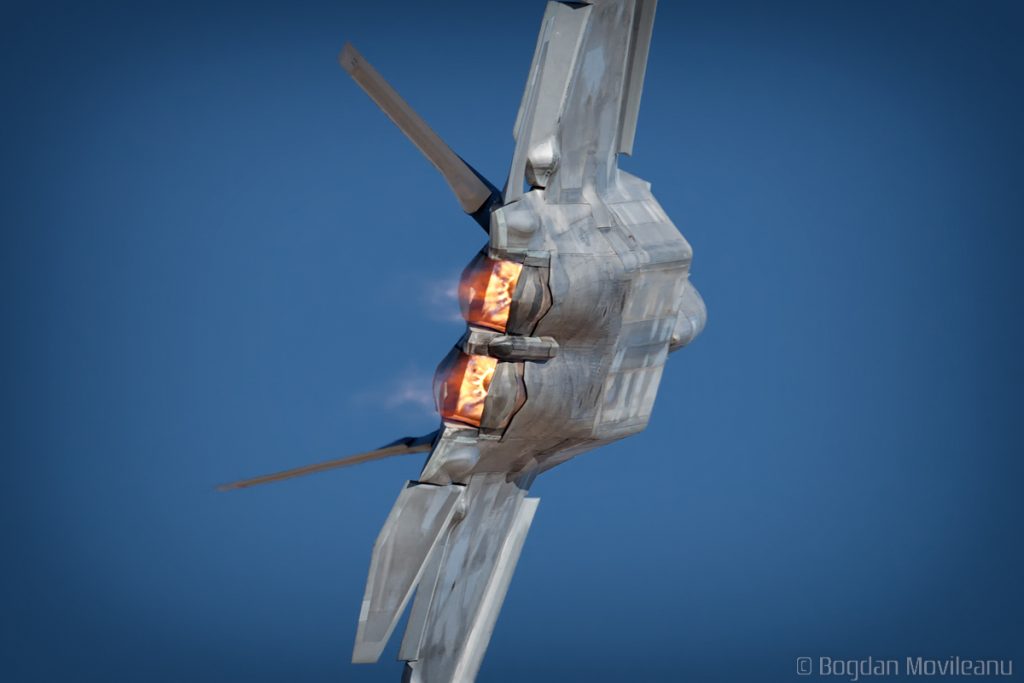
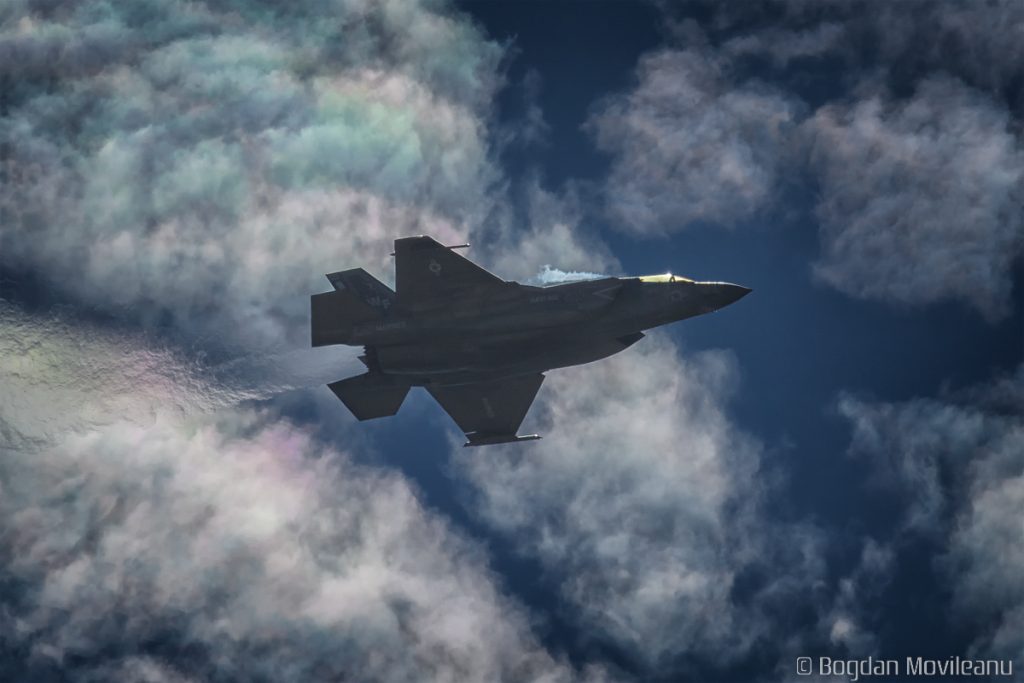
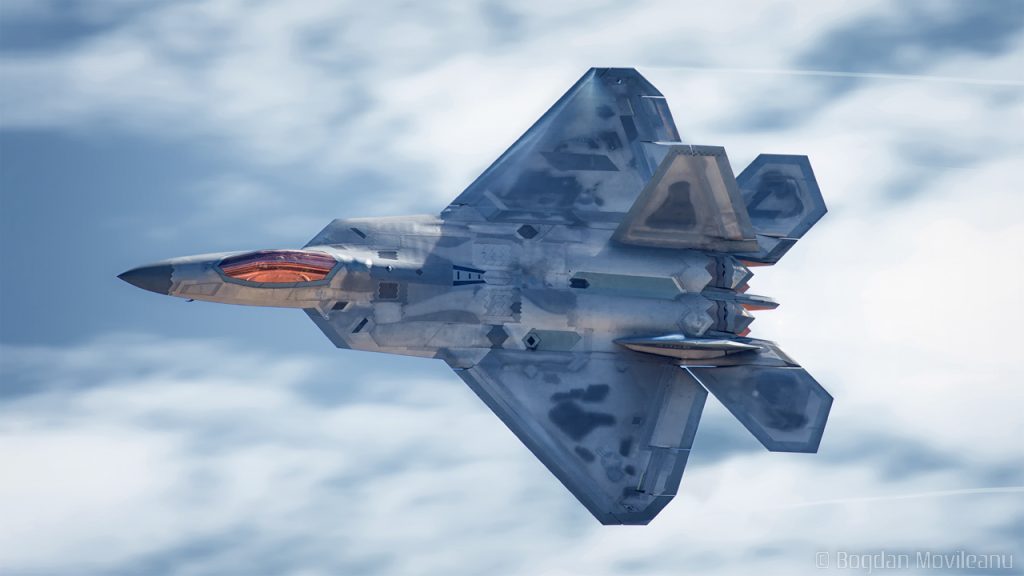
To become an ATC, first, the candidate must pass the selection testing. The testing consists of…..
Aviation Journeys: Millions of young people aspired to be pilots or air traffic controllers. You are performing both functions. What advice do you have for the new recruit?
Bogdan: My best advice is to stay in school. If you want to work in aviation, you are already passionate about it, but you also need a good grasp of maths and physics to perform in this industry as a pilot, ATC, or engineer. To become an ATC, first, the candidate must pass the selection testing.
The testing consists of a battery of tests designed to evaluate if the candidate has the necessary skills to become an ATC. Those skills are complex multi-tasking, cognitive abilities, decision-making, planning ability, memory, logical reason, visual perception and orientation, and others. After the candidate passes these tests and the medical examination, school starts.
Until retirement, the job consists of a continuous learning process!
The ATC students learn about navigation, air traffic management, legislation, general aircraft knowledge, meteorology, and other subjects for about six months. During school, everyone is tested constantly, every day, every week. After these six months, the student must pass the final exams. After passing them, everyone goes to their assigned air traffic unit to continue the training, learning specific procedures that apply only to each student’s ATC unit, whether ACC, APP, or TWR. Until retirement, the job consists of a continuous learning process.
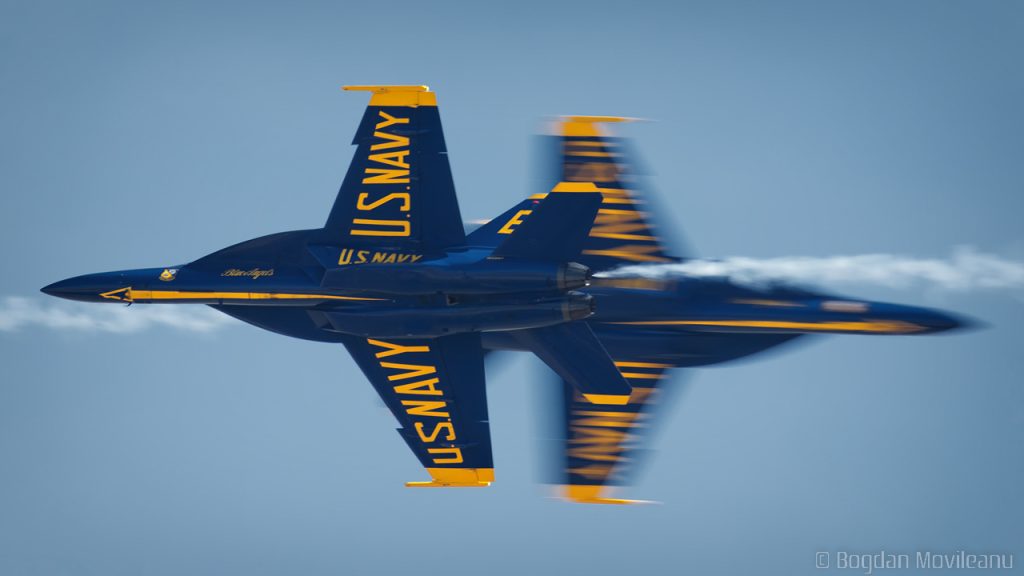
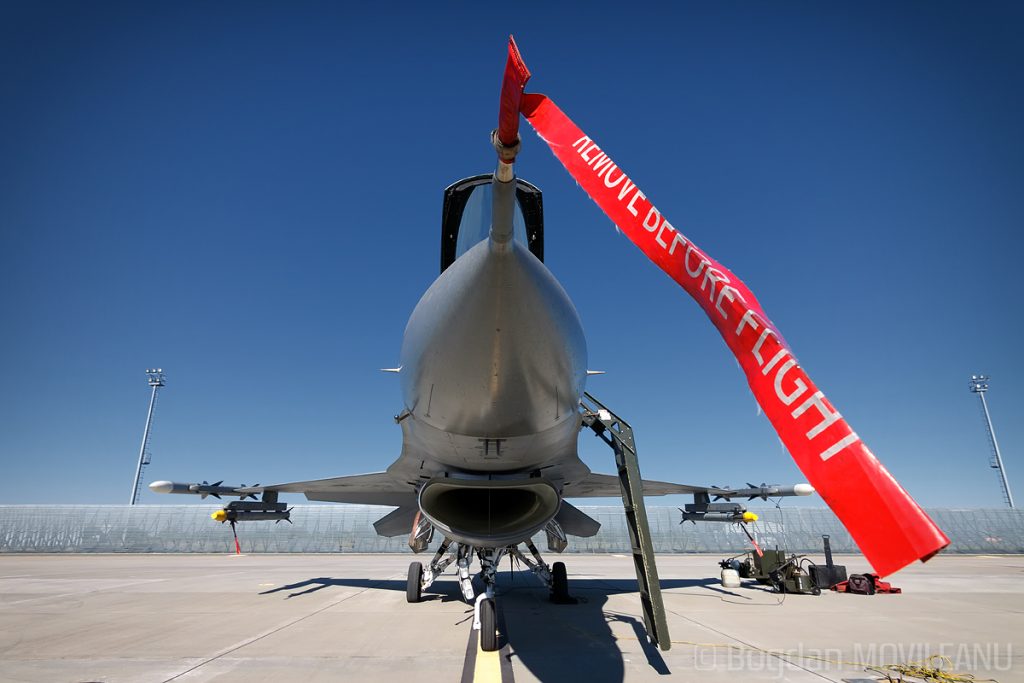
Aviation Journeys: What’s your vision about the CPDLC, is challenging for controllers?
Bogdan: I am not against technology that makes the industry safer. I think CPDLC will improve the quality of communications and lower the chances for misunderstanding and the “say again”.
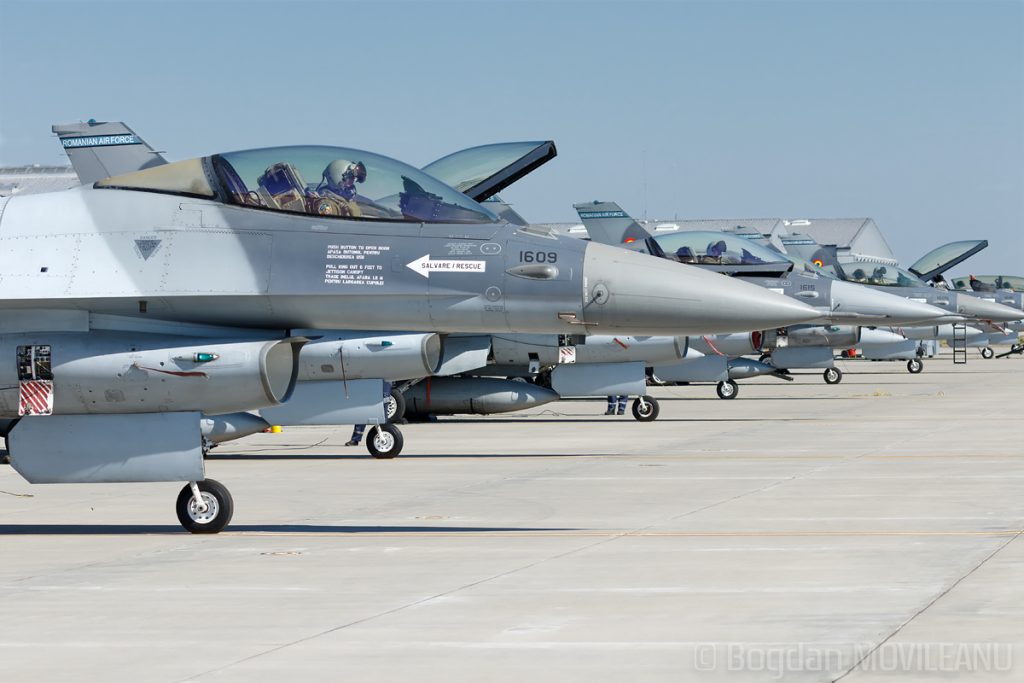
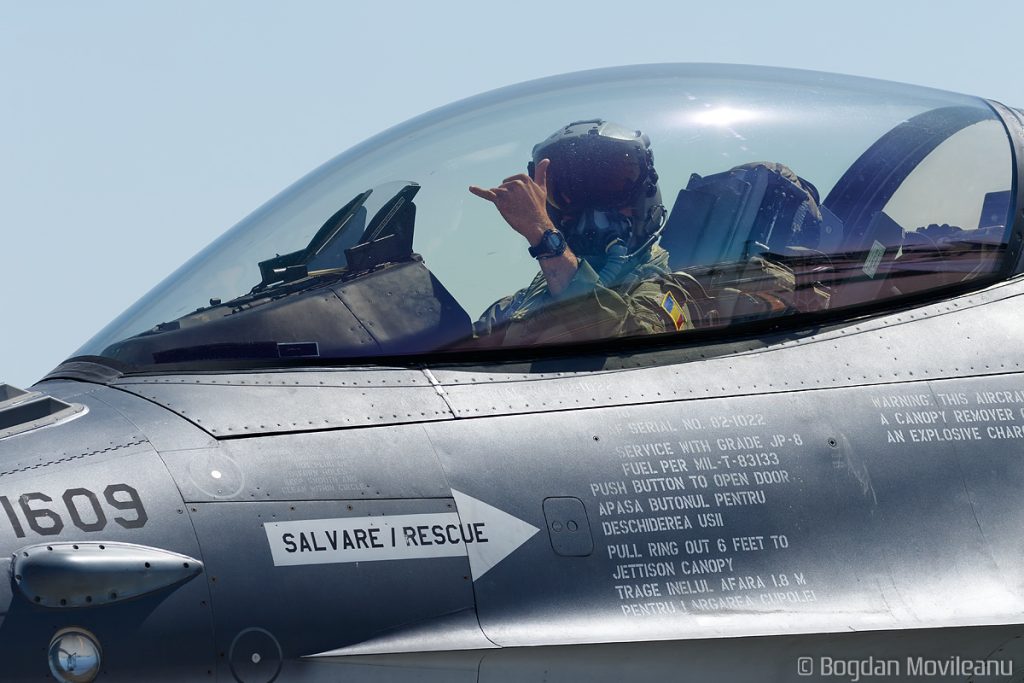
Aviation Journeys: ln your free time you are photographer and you can not getting rid of aviation, what’s your most favourite photo, and moments?
Bogdan: I plan my vacations according to the air shows I like to see and photograph. I like many photos, but the ones I like best are the ones where I catch the crew during their max concentration moments. I like this because I think that’s when the pilot and their aircraft become one, and in my opinion, it’s a powerful shot. The plane or the helicopter becomes an extension of the pilot that allows them to fly. These are photographs full of feelings and emotions and hard to catch because you must know in each moment what the crew does and when to press the shutter button to get the frame you’re looking for.
